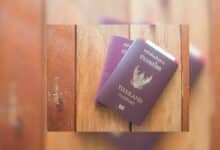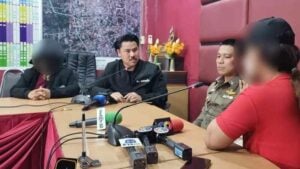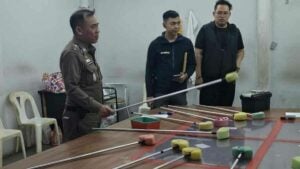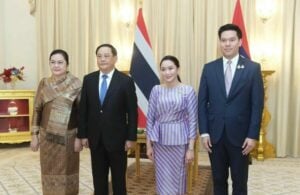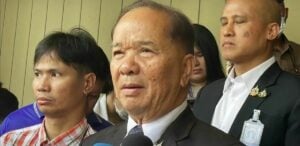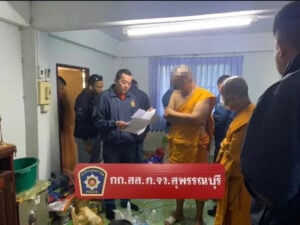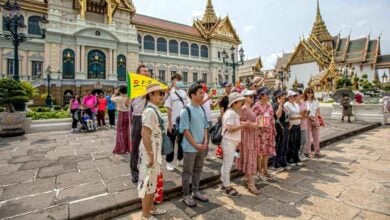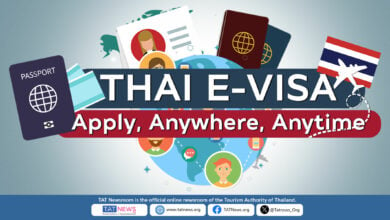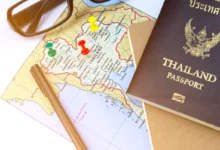Top mistakes to avoid in your Thai visa interview
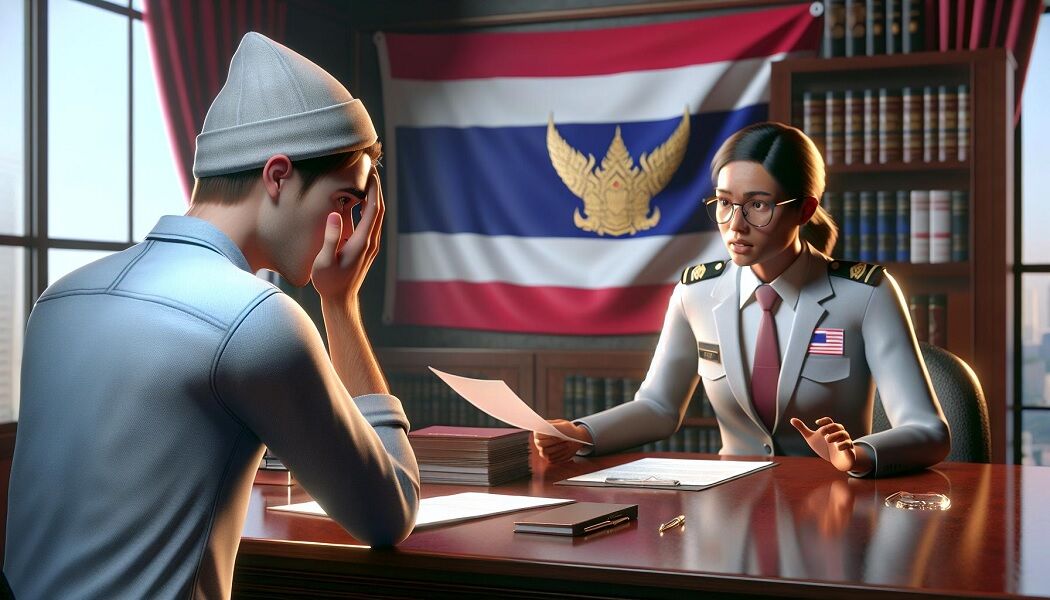
Embarking on the endeavour to secure a Thai visa is an endeavour replete with challenges, particularly evident during the interview phase. For individuals aiming to visit Thailand, a nation celebrated for its rich cultural heritage and stunning landscapes, excelling in the visa interview is imperative. However, it is beneficial to examine the common missteps that could result in an unfavourable outcome.
Envision entering the interview room unprepared and unaware of the critical nuances that could determine the success of your application. From displaying a lack of purpose to exhibiting poor non-verbal communication, numerous pitfalls await applicants, often leading them inadvertently to undermine their efforts. These errors are not merely minor setbacks; they are significant mistakes that can thwart one’s plans from inception.
This guide offers an in-depth examination of frequent errors and oversights that may culminate in the rejection of a visa application. Whether it pertains to confusion regarding one’s nationality, improper handling of documents, or failure to project an appropriate demeanour, this document provides comprehensive guidance. Avoiding these pitfalls is not merely recommended; it is crucial for anyone aspiring to navigate through the visa acquisition process successfully.
Common mistakes to avoid
When you’re gearing up for your Thai visa interview, there are a few pitfalls you’d do well to steer clear of. Even though the title might suggest looking for a “funny article” on how to fail your Thai visa interview with humorous quips, this is serious business. Let’s dive into some of these common blunders.
Providing incomplete or inaccurate information
One of the sure-fire ways to trip up your visa application process is by providing information that either doesn’t match your official documents or is just plain wrong. It might seem like a harmless mistake to forget a digit in your passport number or fudge your date of birth, but these errors can cost you dearly. Always double-check your forms against your travel documentation. Don’t let a simple typo stand in the way of your travel plans.
Forgetting to fill in every field? Another classic blunder. If a question doesn’t apply to you, don’t leave it blank, instead write “N/A”. This shows you’ve paid attention to every question, even if it’s not relevant. Remember, details matter. Your diligence here can make or break your application.
Behavioural errors

Displaying a lack of confidence
A lack of confidence is a red flag. Fumbling over answers or avoiding eye contact might as well be you saying, “I’d rather be anywhere but here.” Remember, confidence isn’t about having all the right answers. It’s about handling the situation with assurance. Your posture, eye contact, and clear voice speak volumes. Think of it as your silent ally, nudging the odds in your favour. It’s funny how something as simple as standing straight can make such a difference, isn’t it?
Being impolite or aggressive
Rudeness or aggression is a one-way ticket to failure. Whether it’s intentional or a result of nerves, it doesn’t sit well during a visa interview. You’re not at a debate where the loudest point wins. Courtesy opens doors, literally and metaphorically. If you think being assertive means getting combative, you’re gearing up to fail your visa interview with flying colours. Diplomacy is key. A ‘please’ and ‘thank you’ could be the most strategic words you use in the interview room.
Showing desperation
Desperation is like wearing a sign that says, “I might not leave if you let me in.” It’s the opposite of what visa officers want to sense. You’re aiming for confident and collected, not someone planning to overstay their welcome. Expressing your eagerness to visit Thailand is one thing; showing desperation is quite another. Dial down the enthusiasm to a level where you’re interested but not ready to pitch a tent at the embassy. Remember, it’s about striking the right balance between keen and composed.
Documentation and paperwork
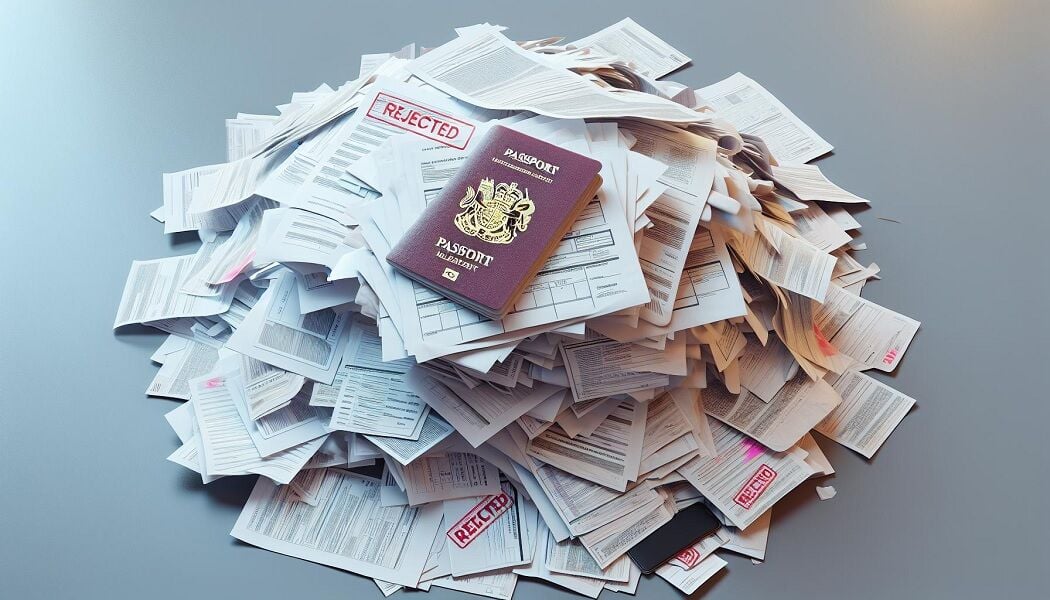
Embarking on your adventure to fail your Thai visa interview in Thailand? Start with the documentation and paperwork. It’s surprisingly easy if your approach is anything but straightforward and authentic.
Submitting inauthentic or forged documents
Want to fail spectacularly? Submitting inauthentic or forged documents is a guaranteed path. It may seem like a quick fix or a funny joke to submit a doctored bank statement or a fabricated letter of employment, but this is a serious misstep. Visa officers are trained to spot inconsistencies and fabrications with a keen eye. Your application won’t just be declined—it might also earn you a long-term ban from reapplying. Remember, it’s not only about failing; it’s about understanding how your actions could have long-term repercussions on your travel plans.
Failing to bring essential documents
Arriving at your Thai visa interview without essential documents is akin to showing up at a marathon without your running shoes. It’s a fundamental error that screams, “I’m not ready for this!” Essential documents typically include your passport, application form, photo, financial statements, and any supporting documents relevant to your visit. Forgetting any of these could derail your application process before it even begins. While you might think it’s funny to see the reaction of the officer when you present an incomplete file, it’s your visa application that will bear the brunt of the joke.
In your venture to fail your visa interview with funny comments or reasons, undermining the significance of proper documentation is a surefire strategy. However, for those who might reconsider and aim for success, paying meticulous attention to paperwork is crucial. Stick to authenticity, ensure all documents are accurate and complete, and, most importantly, take the process seriously.
Legal and compliance issues
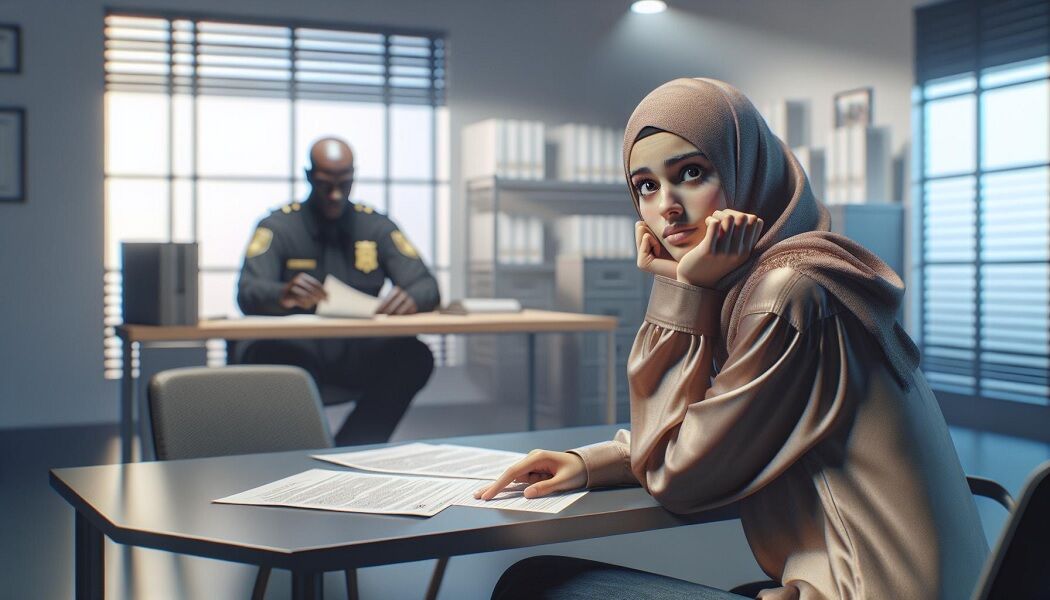
Navigating the maze of visa application procedures requires attention to detail, especially when it comes to legal and compliance issues. This section delves into the pitfalls of non-disclosure and negative immigration history that can inadvertently place your visa application on the fast track to rejection.
Non-disclosure of past immigration history
One surefire way to torpedo your visa interview is by failing to disclose your past immigration history. If you’ve ever been refused entry, deported, or overstayed your visa in any country, it’s essential to mention it. Attempting to hide these facts might seem like a clever strategy, but remember, visa officers have their ways of uncovering the truth. Honesty is not just a virtue; it’s a requirement. Imagine the officer’s face when they discover an undisclosed visa refusal from another country—it certainly won’t be a picture of amusement. It’s akin to trying to sneak an elephant past security; it’s simply not going to work.
Negative immigration history
Having a blemished immigration record can feel like carrying a heavy suitcase without wheels. A history of overstaying, deportation, or multiple visa rejections is a red flag for any visa officer. Each incident in your immigration history is like a jigsaw puzzle piece that forms a picture of your reliability as a traveller. If your past is peppered with immigration indiscretions, the visa officer might conclude that history could repeat itself. It’s about as helpful as wearing flip-flops to a snow fight—not a good idea.
Laughing off a negative immigration history or trying to cover it up with funny comments will only make matters worse. Respect and sincerity go a long way. Consider your Thai visa interview as an opportunity to present the facts clearly and maturely, without leaning on humor as a crutch.
Tips to avoid mistakes
Research
Anticipate common interview questions like “What’s your purpose for visiting Thailand?” or “How long do you plan to stay?” Prepare clear and concise answers that showcase a genuine interest in the country and a well-defined travel itinerary. Researching Thai culture and attractions demonstrates your enthusiasm for the visit.
Practice makes perfect
Rehearse your answers aloud with a friend or family member. This hones your responses, builds confidence, and helps manage interview jitters.
Clarity and conciseness
Answer questions directly and avoid rambling. Be clear and concise in your explanations. If something is unclear, politely ask for clarification.
Non-verbal communication
Your body language speaks volumes. Maintain a calm and composed demeanour, and avoid fidgeting excessively. A genuine smile and positive attitude create a good impression.
Cultural sensitivity
Thailand is a culturally rich country. Showing a basic understanding of Thai culture demonstrates respect. A simple greeting like “Sawasdee Krap/Kha” goes a long way.
For those seeking additional guidance, Thai Legal Protection provides comprehensive assistance, helping individuals navigate the complexities of U.S. immigration and travel regulations. Their expertise ensures you’re well-prepared for every step of the process, offering peace of mind and a higher chance of success in securing your visa.

